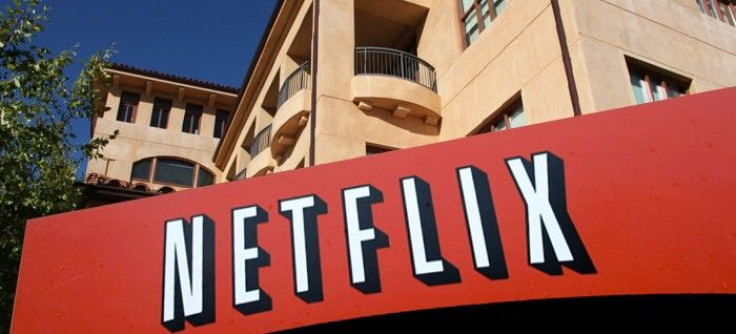Netflix Shares Rise Slightly After Anti-Icahn 'Poison Pill'

Shares of Netflix Inc. (NFLX) rose slightly on Monday after the company adopted a “poison pill” to battle activist investor Carl Icahn, who now owns a near-10 percent stake in the entertainment company.
Shares of Los Gatos, Calif.-based Netflix gained 38 cents to $77.28 in early trading after surging 14 percent Wednesday to $84.95, their highest point in 90 days. That's when Icahn disclosed his interest.
Icahn acquired 5.54 million shares of Netflix, which he said is undervalued, for $168.9 million. He also bought options on another 4.3 million shares.
On Friday, Netflix directors unanimously passed a “shareholder rights” plan to bar a merger they don't approve. It's called a “poison pill” because technically, each Netflix shareholder would be given rights to an additional share of preferred stock that would be priced at a staggering $350 per share.
The rights expire in two years, the company said. Companies that are targets of hostile takeovers frequently adopt these measures.
The 76-year-old tycoon has a mixed record in technology. He's responsible for the breakup of the old Motorola Inc. into Motorola Mobility Holdings, now owned by Google Inc. (Nasdaq: GOOG) and Motorola Solutions Corp. (NYSE: MSI).
Icahn in the past acquired minority stakes in Yahoo Inc. (Nasdaq: YHOO), the No. 3 search engine, but left after it installed a new CEO in 2008; he has also bid for stakes in software company Mentor Graphics Inc. (Nasdaq: MENT).
Icahn also made a bid for Blockbuster, which ultimately went bankrupt.
Netflix CEO Reed Hastings has been trying to boost subscribers and share for the company, as it faces increased competition from content from Apple Inc. (Nasdaq: AAPL), Amazon.com (Nasdaq: AMZN) and other leading developers of tablets, as well as cable companies and phone companies including Verizon Communications Inc. (NYSE: VZ), the No. 2 U.S. phone company, with its FiOS service.
Icahn is also trying to shake up management at equipment maker Oshkosh Corp. (NYSE: OSK), where he acquired slightly less than 10 percent of the equity.
Netflix may have had an inkling of the challenge: Hastings last month announced he wouldd retire as a director of Microsoft Corp. (Nasdaq: MSFT), the world's No. 1 software company, after serving since 2006 and as its the lead independent director since 2010.
Hastings, 51, is also a director of Facebook (Nasdaq: FB), the No. 1 social networking site.
In a filing with the U.S. Securities and Exchange Commission, Icahn, based in New York, said “Netflix may hold significant strategic value for a variety of significantly larger companies that are engaging in more direct competition with one another.”
A Netflix representative welcomed the Icahn investment without further comment.
The company reported third-quarter net income plunged to only $7.67 million, or 13 cents per share, on revenue of $905.1 million, compared with prior-year net income of $62.5 million, or $1.16 a year earlier, on revenue of $821.8 million.
Last year, Netfix confused customers by announcing major changes in subscription plans, including a stillborn plan to split into two companies. It now claims about 25 million subscribers in the U.S. with another 5 million outside the country.
Despite the surge on Icahn's interest in the company, Netflix shares have traded far higher. In February, they traded as high as $133.43 and hit a record of $295.14 in July 2011.
Based on Monday trading, Netflix's market capitalization is now about $4.3 billion.
Analysts have mixed views. At Needham, Charlie Wolf said Icahn is unlikely to trigger a bid from Microsoft or anyone else, while at at T2 Partners, analyst Whitney Tilson said the attraction of 30 million subscribers would tempt a buyer.
“It's a bullish, leveraged bet,” Tilson said.
© Copyright IBTimes 2024. All rights reserved.












